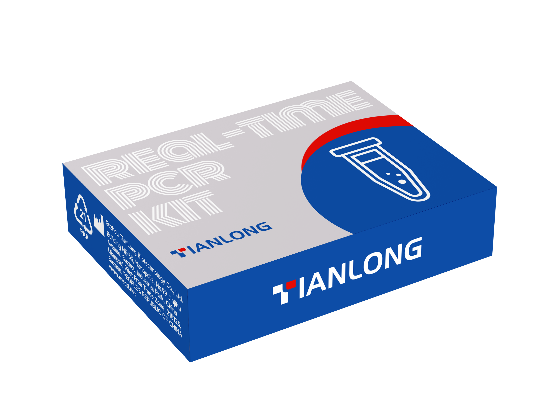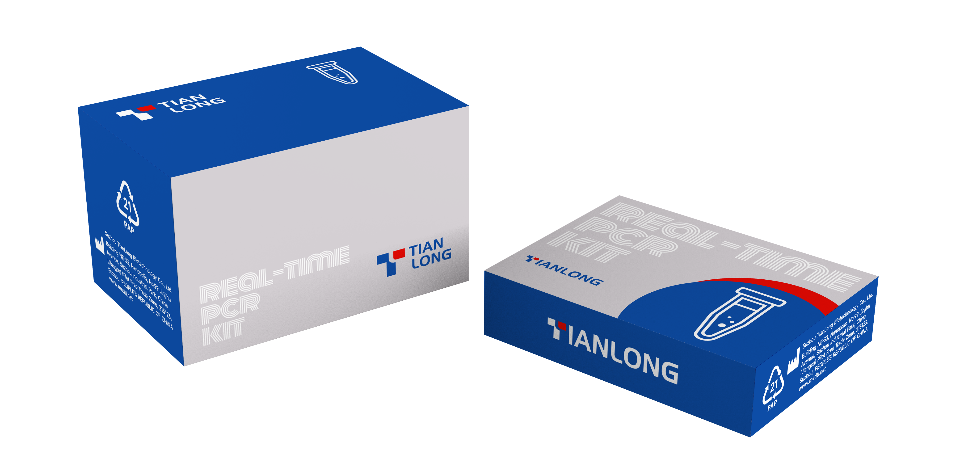-
-
Personalized Medication Solution for Clopidogrel/ Voriconazole/ Proton pump inhibitor/Antidepressants
Background:
cvtochrome P450 2c19 iabbrevited CyP2c19 ). which belonas to the CYP450 supertamiv, is involved in the biotransformation and hepatic metabolism of at least 10% of commonly prescribed and clinically important drugs, such as antiplatelet agents (clopidogrel), antifungal drugs (voriconazole), some proton pump inhibitors and antidepressants. Genetic polymorphisms can have a determined influence on the in vivo enzymatic activity of CYP2c19, The most common and well-characterized variants in the CYP2C19 gene include the loss-of-function alleles of CYP2C19*2 (c,681 G>A) and CYP2C19*3 (c.636 G>A) associating with diminished enzymatic activity, and the increased-function allele of CYP2C19*17 (c.-806 C>T) with increased metabolic activity. The correlaion between CYP2c19 variant diplotypes and the ability of drua metabolism has been shown in Table 1
Clopidogrel:
Clopidogrel is a P2Y inhibitor which interrupts the formation of thrombus by blocking adenosine diphosphate (ADP)-mediated platelet activation and aggregation. CYP2C19 phenotype influences the pharmacokinetics and the corresponding clinical outcomes of clopidogrel in a graded fashion, where individuals with a CYP2C19 IM or PM phenotype have significantly reduced enzymatic activity and poor treatment response: while CYP2C19 RMs and UMs with increased activity of the CYP2C19 enzyme may have increased risks of severe or moderate bleeding when receiving clopidogrel treatment 1.2
Voriconazole:
Voriconazole is a broad-spectrum antifungal agent that has been widely used for the treatment of Aspergillus species, Candida species, Scedosporium apiospermum complex and Fusarium species ', Standard maintenance dose of voriconazole in serum is key for treatment outcomes. Since voriconazole is primarily metabolized by the CYP2C19 enzyme, genetic variations in the CYP2C19 gene might be correlate with diferentiation in interindividual drud serum concentrations, efficacy and adverse effects. lt has been documented that the drua exposure of CYP2C19 PMs is approximately 4-fold higher than NMs when treated with a dose of voriconazole, resulting in increased adverse effects, such as neurotoxicity. in contrary, CYP2C19 RMs and UMs may experience treatment failure caused by inadeguate serum voriconazole concentrations3.4
Proton pump inhibitor:
Proton pump inhibitors (PPls) are commonly used to treat a variety of acid-related disorders, including gastroesophageal reflux disease (GERD), peptic ulcer disease, and Helicobacter pylori (H. pylori) infections5. PPls especially the first-generation PPls (omeprazole, lansoprazole, and pantoprazole) and dexlansoprazole, are predominantly cleared by CyP2c19 and polymorphisms in the cyP2cl9 alleles are thus the most important pharmacogenetic parameter affecting interindividual responses towards PPI treatment. A large body of evidence have shown decreased therapeutic effectiveness of PPls in individuals carrying CYP2C19 variants with improved ppl metabolism and clearance, such as RMs and uMs. While a hicher risk of ppi-related adverse events may occur in individuals with lM or PM phenotypes, owing to increased PPl exposure and enhanced acid suppression6
Antidepressants:
The 2015 and 2016 clinical Pharmacogenetics lmplementation Consortium Guidelines (CPIC) have updated evidence reviews between the CYP2C19 gene and selective serotonin reuptake inhibitors (SSRls ), such as citalopram, escitalopram and sertraline, as well as tricyclic antidepressants (TCAs), such as amitriptylines, imipramine and clomipramine, respectively8 As an essential pharmacokinetic parameter affecting the treatment outcomes and adverse effects of SSRls and TCAs among populations, timely and effective access to information on the CYP2C19 genotypes is an optimal way to direct SSRI/TCA dosing and selection Therapeutic recommendations for individuals with diferent drug metabolic activities are listed in Table 2
-
| Product name | Specification | Specimen | Target gene loci |
LigSeg Reagent Kit (SNP-U3) | 20 T/Kit | 2 mL of EDTA anticoagulated whole blood | CYP2C19*1(wild type) CYP2C19*2(c.681G>A) CYP2C19*3(c.636G>A) CYP2C19*17(c.-806 C>T) |
| LigSeg Reagent Kit (SNP-U3) | |
|---|---|
| Specification | 20 T/Kit |
| Specimen | 2 mL of EDTA anticoagulated whole blood |
| Target gene loci | CYP2C19*1(wild type) CYP2C19*2(c.681G>A) CYP2C19*3(c.636G>A) CYP2C19*17(c.-806 C>T) |
Contact us




